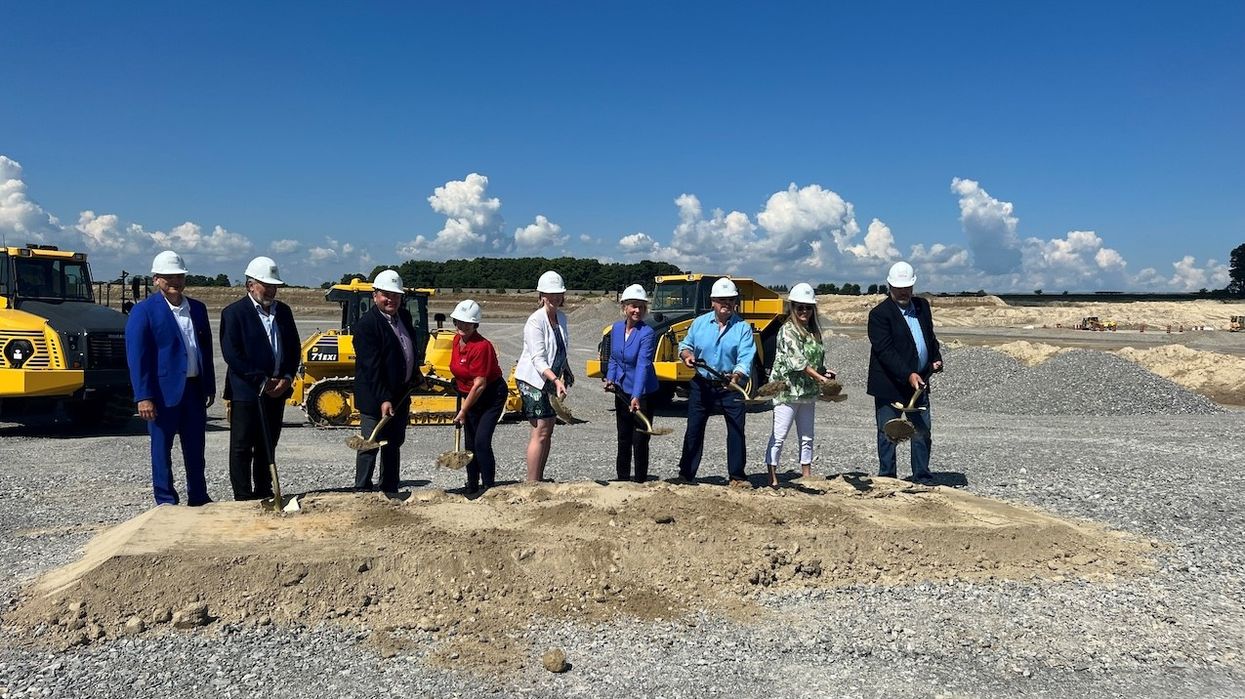A developer who was caught up in the controversial Greenbelt land swap is now being accused of tricking their business partner into selling a piece of land that later saw its value skyrocket.
Businessman Allan Fenwick, under his company SFA Investments Ltd., filed a lawsuit earlier this month against developer Michael Rice, CEO of the Rice Group of Companies, and two other investors, alleging that they fraudulently convinced him to sell his shares in a 100-acre East Gwillimbury property the foursome jointly bought in 2007.
The property was purchased for $7.4M — of which SFA Investments put up $3.5M — with the intent of holding it for long-term commercial development that was to be facilitated by Rice, Fenwick claims, but in June 2021, Rice's company "suddenly initiated a meeting to discuss selling the property."
They wanted to take advantage of the ongoing demand for industrial property, simultaneously claiming that it would cost $456M to develop the property themselves with a low yield expected. Fenwick says he was also told that the property wouldn't be serviced serviced with water and waste by the City for another 10 years. The other investors "immediately agreed with the plan," the court documents state, but with Fenwick being the majority investor, the sale could not take place without his say so.
Fenwick says he "expressly asked" Rice and the other investors whether they were involved with the would-be buyer or knew who the future tenant of the property would be, both of which they denied. Fenwick argued to keep the property, but after pushback from the other investors, he agreed and sold his interests. The other investors did not do the same with their's.
Fenwick says he later learned that his former partners were involved with the new buyer, real estate investment trust Choice Properties, who had plans to turn the property into the site of a billion-dollar Loblaw's facility. He also learned in early 2022 that the lands were now having water and waste services constructed. Fenwick claims he was "intentionally kept in the dark" so that his partners "could take for themselves the enhanced value associated with [the property's] imminent development by a marquee tenant."
He's now seeking to recover the the difference in land value he lost out on from selling earlier than he would have liked to "as a result of this dishonesty by the defendants," though no dollar amount is specified. The lawsuit is also asking for damages for breach of contract and negligent misrepresentation.
"Rice used his position and reputation as an experienced developer to conceal, and to cause the corporate defendants to conceal, the possibility of a partnership with Choice and true value of the Property from the plaintiff," the lawsuit alleges. "Rice concealed this information to usurp the opportunity for himself and to the exclusion of the plaintiff."
Fenwick's allegations have not been proven, and none of the defendants have yet filed a statement of defence.
This isn't the first time Rice has made headlines in the past year, having been caught up in the Ford government's plans to remove nearly 3,000 hectares of land from southern Ontario's protected Greenbelt. Rice's company purchased a 275-hectare piece of the Greenbelt in King Township for $80M, less than two months before the Ontario government announced that it would be removed from the Greenbelt and opened up for housing development.
During her investigation into the Greenbelt land swap, then-Auditor General Bonnie Lysyk said that Rice refused to be interviewed and fought a summons from Lysyk's office in court.





















